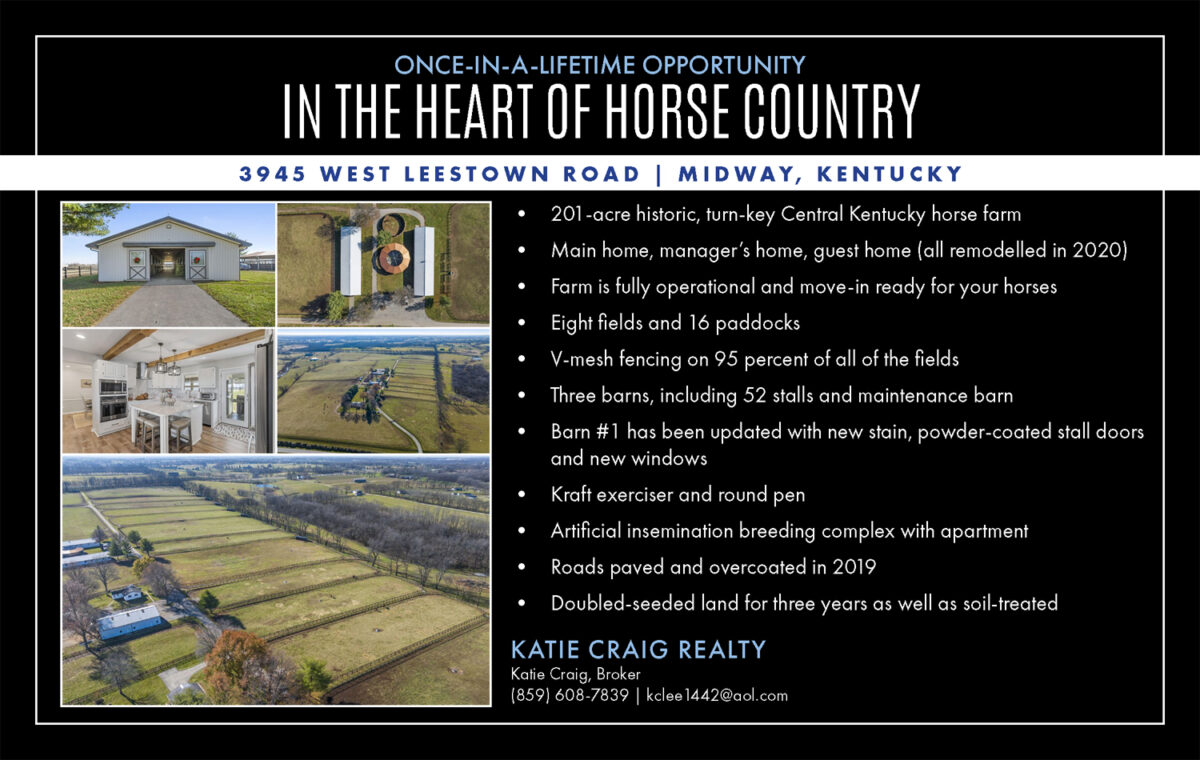

Cinema standardbred: a plot to promote the sport of harness racing – Part 8
Alternative Actions (AA) continues its series developed to offer the solution that has the best chance to change the nature of the film industry’s ambivalence towards harness racing and perhaps inspire someone to pioneer a project that could be the most successful promotional tool standardbred racing ever utilized.
by Frank Cotolo
Part 1 is here.
Part 2 is here.
Part 3 is here.
Part 4 is here.
Part 5 is here.
Part 6 is here.
Part 7 is here
In Part 7, I mentioned a point came in the reimagining process that made my script a “fresh story;” one I could write without little to no input from my source, Mary Shelley’s novel, “Frankenstein.” In fact, I felt strongly that Shelley must have reached the same point when writing the novel from her reimagining the Prometheus legend. In lieu of that, as promised, here is why my story does not need the iconic creature character most people associate with “Frankenstein.”
In Greek mythology Prometheus created the first human and then stole fire from almighty Zeus as a gift to mankind. This did not go over well with the father of all gods; Zeus discovered the theft and punished Prometheus with eternal torment. In “Frankenstein,” Victor (Prometheus) uses lightning (fire) to animate his creation–a human constructed from dead-people parts. That creature is the story’s “dynamic” character–a force of change–guiding Victor to face his conviction.
Voila! Lightning! Dion Percy is struck by lightning, after which his actions are motivated to reach the dramatic truth and he greatly or subtly changes to satisfy the premise. As I wrote in part 4, dramatic truth is the ever-present role of change in all forms of life and forces people to evolve through one obstacle after another.
All that settled, I can begin to write the script. My re-imagined elements are intact and my standardbred intentions solved. I am able to use any aspect of Karl Clive’s harness racing world in scenes that will be supported by the foundation of characters which is the “essential germination of a well-crafted story,” proving my premise: “vanity leads to self-destruction.” All that is left is to write a tight play, making sure every scene moves the story forward. However, no matter how tightly the script is written there is a mandatory task before anyone reads a final draft. Nope, not the title; those possibilities are numerous and even when the script is done, moot. The crucial task is the strength of the first 10 pages
Though they represent the first 10 minutes of the film, those first 10 pages must tell the reader it is worth reading beyond that point. Why? Do not take this personally, it is strictly business.
Unsolicited scripts written by people without strong script-writing histories are read by professional script-readers, each handed stacks of scripts to read which they cannot possibly finish in the next decade. To self-preserve their highly skilled position of finding excellent cinema storytelling, they peruse the first 10 pages of every script in every stack, caring only about the first 10 pages where they decide, “are they engaging enough to continue reading and deliver to a producer?” Remember, the readers won’t lie to meet a quota; they have much to gain as anyone if the script shows promise because they will get credit for discovering a script with enough value to take to the next level. I cannot emphasize the 10-page rule enough and I support it since it is based on the tenets of good writing.
The first 10 pages of your script must reveal the premise simply and clearly, using your characters to promise its adventure is true. The best way to write simple and clear is to follow this rule: “Show, don’t tell.”
This is imperative, especially in a play. Do not write like a director; do not employ fancy prose about character appearances or settings. Screw descriptions: concentrate on what characters say and do. That will make your first 10 pages more productive than any atmospheric poetry. Keep in mind you will be judged strongly no matter how well you wrote the rest of the play, but no one will read the rest of it unless you present its beginnings without glamour. You get no points for showing gifts for your vocabulary or grammar. Write those first 10 pages saying constantly: “Show, don’t tell” while you concentrate and economize on dialog to incite the reader.
From what I have seen concerning scripts involving harness-racing, the unfamiliarity of the sport brings too much attention to itself and especially when presented in the first 10 pages. Anywhere in the script, the author must utilize it as if there is no alternative and never become pedantic.
In the final part of our series, a summing up reviews the reimagining process, delivers more viable examples for your “Frankenstein” model, as well as it opens a line of communication between us that helps produce the perfect harness-racing promotional vehicle ever.














